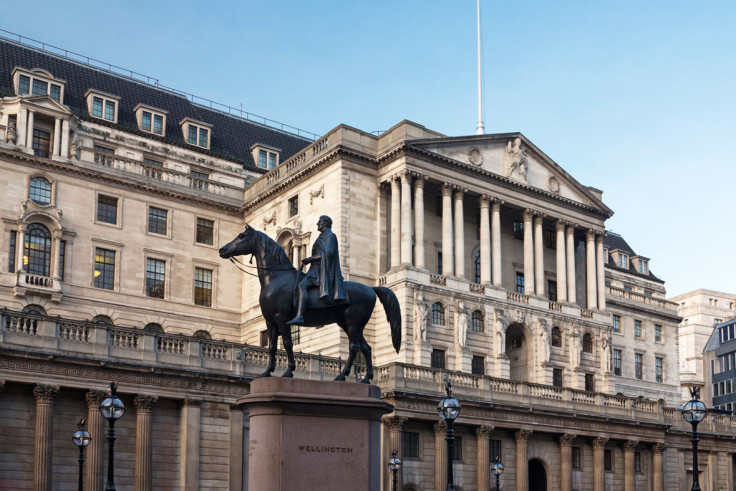Post-Brexit pensions conundrum could see annuity rates fall even further
Major insurers have cut annuity rates by between 2% and 3% following Brexit vote.
Savers in Britain face a difficult future in the wake of Britain's European Union referendum verdict, experts have warned, as monetary policy is likely to exacerbate schemes funding problems in the short term.
Earlier this week, Pensions Minister Ros Altmann admitted Britain faced a "delicate balancing act" to maintain the strength of pension schemes after the pro-Brexit vote plunged the country into financial turmoil.
Annuity rates have fallen following the vote, meaning investors converting their retirement savings into an income will enjoy a lower rate of income than would have been the case even a couple of weeks ago.
Retirement Advantage cut all its rates by an average of 3% on the day following the referendum, while Legal & General, LV, Just Retirement and Aviva slashed theirs by around 2% last week.
Meanwhile, the fall in gilt yields, which have been the underlying cause of the annuity rate falls, is also going to mean larger final salary scheme deficits.
"This is particularly worrying because it comes at a time when many employers are already losing any patience or goodwill they might once have harboured towards their employees' pension scheme," Tom McPhail, head of retirement policy at Hargreaves Lansdown, told IBTimes UK.
"What's more, we could now be heading for a recession so employers may find their corporate profits getting squeezed, thereby undermining their ability to pay into the pension schemes."
McPhail added it was no surprise Altmann spoke about the trade-offs of corporate interests against pension scheme demands as there was not "enough cash to go around" and working out how to share it out fairly is going to be a difficult challenge.
The pound's sharp decline did nothing to improve the mood of savers worried by the steep fall in annuity rates. The sterling tumbled to two new 31-year lows in as many days earlier this week and its ongoing weakness could spell trouble for savers, given the Bank of England is now widely expected to cut interest rates even further.

"Since 2010 after the banking crisis, there have been frequent predictions that interest rates would be rising 'imminently' yet not only has it still not happened, rates are actually going lower," explained McPhail.
He added people approaching retirement in post-Brexit Britain faced a difficult choice, given annuity rates could fall even further.
"If they still want to buy an annuity they should get on and do it as quickly as possible because the rates are still falling," he said.
"The alternative is to try and wait it out but there is no certainty over how long that wait will be. The alternative of using drawdown means taking on equity market risk and being willing to accept fluctuating income and capital values."
Richard Parkin, head of pensions at Fidelity International, agrees: "Many don't realise that most pensions allow you to leave the money invested until you need it," he said. "If you do need cash now, taking smaller withdrawals over a longer time period will often be less risky than taking a large withdrawal all at once."
Parkin, who urged retirees to avoid taking unnecessary risks given the uncertainty surrounding the pension landscape post-Brexit, stressed the importance of carefully selecting the right deal before purchasing an annuity.
"If you are looking to convert your savings to guaranteed income by buying an annuity then it's more important than ever that you shop around for the best deal," he advised.
"Annuity rates are based on long-term interest rates which are already low and could be adversely affected by market uncertainty."
© Copyright IBTimes 2025. All rights reserved.






















